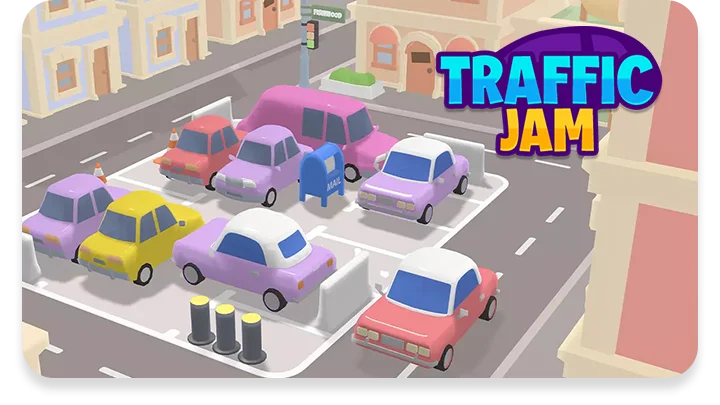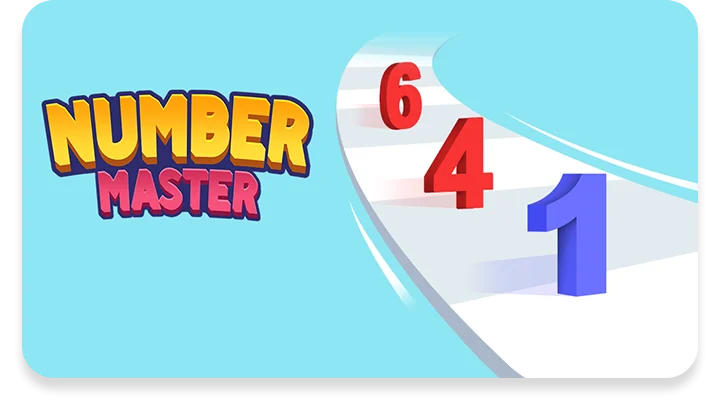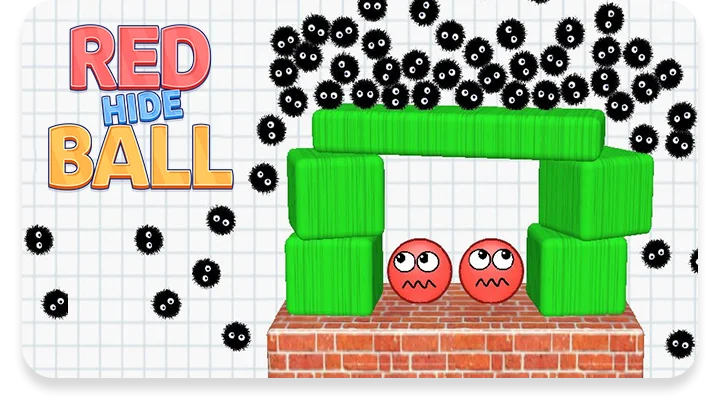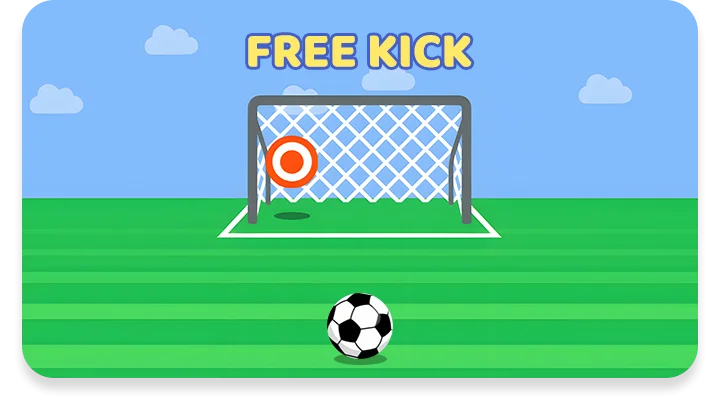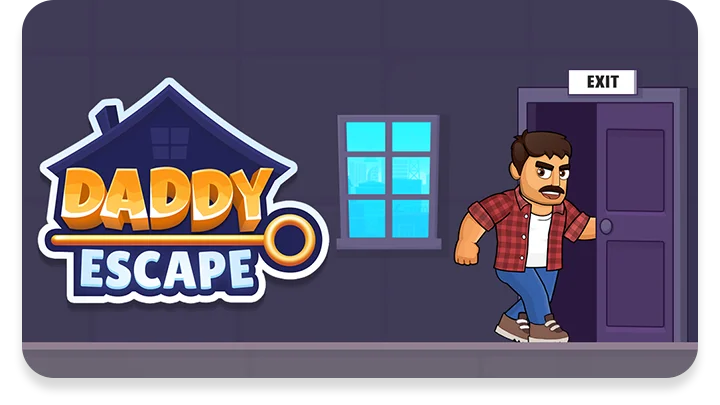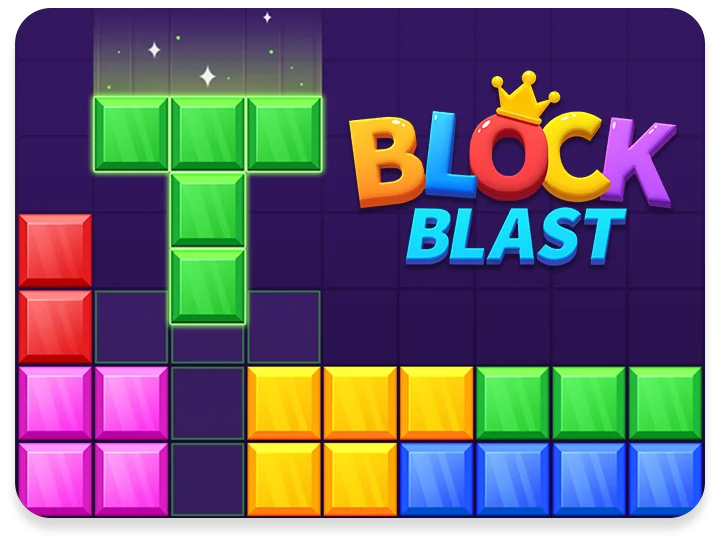Recent Play
Solve Sudoku: Easy, Medium & Hard Puzzles.
In the world of gaming, there’s no shortage of titles to engage players. From the tactical puzzle-solving challenges of Sudoku to the action-packed thrills of American football games, there’s a game for every type of player. In this article, we will explore various types of games—ranging from classic board games to modern mobile and console experiences—by covering popular genres like puzzle games, sports games, and RPGs, as well as the top recommendations for mobile and PC players.
Sudoku Game: A Brain Teaser for the Ages
Sudoku is a number-based puzzle game that requires logic and reasoning to complete. The game has seen an explosion in popularity, appearing on everything from newspapers to mobile apps. The goal is to fill a 9x9 grid with numbers 1 through 9 in such a way that each number appears only once in each row, column, and sub-grid. Sudoku offers a mix of simple rules and complex puzzles, making it an ideal choice for puzzle enthusiasts and anyone looking to boost their cognitive skills.
While there are various difficulty levels available, ranging from easy to very hard, the classic Sudoku game remains the top choice for mental challenges. Some of the best Sudoku apps even offer daily challenges to keep players coming back for more, offering both free and premium versions for players of all levels.
Free Spider Solitaire Game: A Classic Card Game Reimagined
Solitaire has long been a favorite card game for solo players. One of the most popular variations is Spider Solitaire. In this game, players must arrange cards in descending order from King to Ace, using two decks of cards. The twist? Cards must be of the same suit to be stacked together, making this version of Solitaire even more challenging.
Many online platforms offer a free Spider Solitaire game, making it accessible for anyone with an internet connection. It’s available on mobile, PC, and even some gaming consoles. The game's relaxing yet strategic nature makes it a favorite for those looking to unwind and pass the time, and players can enjoy it for hours without feeling overwhelmed.
Word Search Games: Fun and Educational
Word search games have remained a staple of puzzle and brain-training apps. The concept is simple: players must search for hidden words within a grid of letters. While the rules may be straightforward, the challenge comes from the complexity of the word list, the size of the grid, and the time limit, if any.
Many word search games feature themes, such as sports, movies, animals, and more. These games are not only a fun way to pass the time but also an excellent way to improve vocabulary and enhance cognitive function. Whether you’re playing a quick round or engaging in a timed challenge, word search games are a great choice for all ages. Plus, many platforms offer free versions of these games, making them easy to access for everyone.
Zip Zap Zop Game: A Fun Party Activity
The Zip Zap Zop game is a fun, fast-paced game that is often used in team-building exercises and group activities. Players stand in a circle, and the game begins with one player saying "Zip" while pointing at another player. That player must then say "Zap" and point to someone else, and the third player says "Zop," continuing the chain. The challenge lies in maintaining speed while avoiding mistakes.
Although simple, the Zip Zap Zop game is excellent for developing focus, communication skills, and teamwork. It’s a great choice for parties, gatherings, or icebreaker activities. With no equipment required, it’s easy to learn and accessible for all.
American Football Games: A Thrilling Sports Experience
For sports enthusiasts, American football games offer a fast-paced and strategic challenge. Whether you're a player or a fan, the sport brings excitement, teamwork, and competitive energy. Many American football video games aim to recreate the thrill of the sport, offering simulation gameplay that mirrors real-life football action.
Popular games like the Madden NFL series are known for their realistic depictions of teams, plays, and stadiums. These games allow players to take control of their favorite teams, draft players, and lead them to victory. The best American football games bring the essence of the sport to life through intuitive controls, stunning graphics, and deep strategy. Whether you prefer a quick match or a season-long campaign, these games have something for everyone.
Top 10 Mobile Games: Must-Have Games for Your Smartphone
The world of mobile gaming has grown significantly in recent years, offering a variety of genres that cater to every interest. Here are some of the top 10 mobile games that are a must-try for gamers of all types:
- Genshin Impact – An action-packed RPG with stunning visuals and an open-world exploration system.
- Call of Duty: Mobile – A fast-paced shooter that brings the Call of Duty experience to your phone.
- Among Us – A social deduction game that challenges players to work together (or deceive) to win.
- PUBG Mobile – A battle royale game that puts players in a fight for survival.
- Minecraft – The popular sandbox game that allows players to build and explore vast virtual worlds.
- Clash Royale – A strategy card game where players battle against each other in real-time.
- Candy Crush Saga – A match-three puzzle game that has taken the mobile gaming world by storm.
- Pokemon GO – An augmented reality game that allows players to catch Pokemon in the real world.
- Fortnite – A battle royale game that continues to dominate the mobile gaming market.
- Roblox – A platform that allows players to create and play games made by other users.
These mobile games are accessible, engaging, and often free to play, with in-app purchases for extra features or content.
Sports Games Today: Staying Up-to-Date with Live Action
If you're a fan of sports, you likely enjoy keeping up with sports games today—the latest matches, results, and news. Whether you’re interested in soccer, basketball, or esports, there are multiple platforms available that offer live streams, scores, and commentary.
Apps and websites like ESPN, Bleacher Report, and Yahoo Sports keep fans informed with real-time updates, allowing you to follow your favorite teams and sports events. The convenience of watching or reading about sports on your mobile device ensures that you never miss a game, no matter where you are.
Best PS5 Sports Games: Next-Gen Action
The best PS5 sports games offer thrilling, next-gen experiences for sports fans. With improved graphics, faster load times, and more immersive gameplay, the PS5 takes sports gaming to a whole new level. Here are some of the top sports games available for PS5:
- FIFA 23 – The latest installment in the FIFA series offers realistic gameplay, immersive graphics, and new features.
- NBA 2K23 – A basketball simulation that brings the intensity of the NBA to your console, complete with authentic player models and gameplay.
- Madden NFL 23 – Offering deeper gameplay mechanics and advanced player movement, Madden NFL on PS5 is as close as it gets to playing the sport yourself.
- Gran Turismo 7 – For racing enthusiasts, Gran Turismo 7 provides a stunningly realistic driving simulation with beautiful visuals and accurate car models.
- WWE 2K22 – Wrestling fans can enjoy the chaotic and over-the-top action of the WWE with this next-gen offering.
These PS5 games ensure that sports fans can enjoy the best visuals and gameplay experience possible on current-gen consoles.
Best Sports Games for PC: A Diverse Selection
For PC gamers, best sports games for PC offer rich gameplay options and a wealth of choice. Whether you're into soccer, basketball, or motorsport, here are some of the best sports titles for PC:
- Football Manager 2023 – A strategy game that puts you in charge of managing a football team.
- Pro Evolution Soccer 2022 (eFootball) – A highly realistic soccer game that offers a simulation of real-life football matches.
- Rocket League – A unique blend of soccer and cars, where players drive vehicles to hit a giant ball into the opposing team’s goal.
- NBA 2K22 – One of the best basketball simulations on the market, featuring both a single-player career mode and multiplayer modes.
- iRacing – A realistic online racing simulation that brings the thrill of motorsports to your PC.
These games are optimized for PC gaming, with customizable settings for a personalized experience and high-quality graphics.
RPG Games: Immerse Yourself in Rich Storytelling
RPG games (role-playing games) are known for their immersive storytelling, character development, and expansive worlds. Whether on mobile, PC, or console, RPGs offer players the opportunity to live out their fantasies in richly designed universes.
Here are some of the best RPG games to check out:
- The Witcher 3: Wild Hunt – An open-world RPG that follows the adventures of Geralt of Rivia in a vast and gritty fantasy world.
- Final Fantasy VII Remake – A reimagining of the classic RPG that brings the iconic story and characters to life with stunning visuals and action-packed combat.
- Elder Scrolls V: Skyrim – A legendary RPG set in an open world where players can explore, fight, and shape their destiny.
- Cyberpunk 2077 – A futuristic RPG set in a dystopian city where players take on the role of a mercenary in a vast open world.
- Mass Effect Legendary Edition – A remastered version of the original trilogy, which allows players to experience the epic space adventure in HD.
These RPGs provide hours of gameplay with deep storylines, character progression, and worlds to explore.
Conclusion
Gaming today offers an incredible variety of genres, from brain-teasing puzzles like Sudoku to adrenaline-pumping sports simulations and role-playing adventures. Whether you prefer mobile games, sports games, or RPGs, there’s no shortage of options to explore. So, take your pick, dive into the world of gaming, and enjoy everything from the excitement of the best PS5 sports games to the relaxing challenge of Spider Solitaire. Happy gaming!
